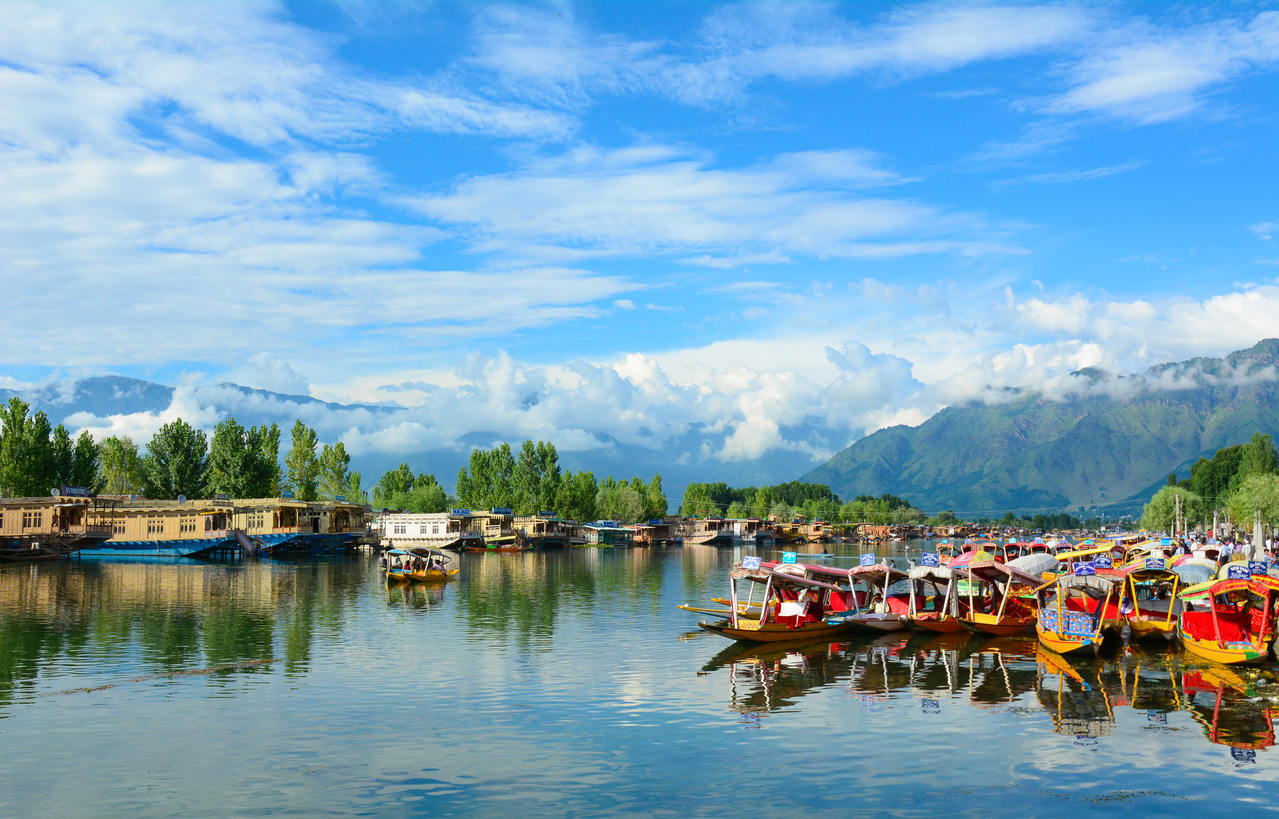Led by Chief Justice D.Y. Chandrachud, a five-judge bench of the Supreme Court of India affirmed the legality of the abrogation of Article 370 from the Constitution of India. As a consequence, millions of citizens across Jammu & Kashmir, not to mention several times that number in the rest of India, experienced a sense of relief and elation. The scrapping of Article 370 by the Narendra Modi government in 2019 did away with a provision that was, as pointed out by the Apex Court, intended to be temporary. There are many who believe that the very introduction of such an article in the Constitution of India was a mistake. Maharaja Hari Singh, as was his right, signed the same Instrument of Accession to the Republic of India as all the other rulers of princely states had.
It is another matter that in 1969, Prime Minister Indira Gandhi broke the solemn covenant that her father Jawaharlal Nehru assisted by Sardar Vallabbhai Patel had entered into with the rulers of the erstwhile princely states. As yet, the legality of such a breaking of the covenant has yet to be decided, and it is to be hoped that it will be, although perhaps not retrospectively. In 2023 rupees, the privy purses allocated to the former rulers is less than substantial, and could easily be borne by the state as promised by Nehru and Patel. The promise of “Garibi Hatao” made by Prime Minister Indira Gandhi did not result in any appreciable decline in the number of citizens who lived in abject poverty. Some who were close to the leadership of the country during that period claim that the primary motivation was to take action against all the princes as the best way to punish the few who had dared to venture into active politics, most against the Congress Party led by Indira Gandhi.
They say that in case the Instrument of Accession contained a clause that prevented the rulers and the inheritors of their titles from entering public life, there may not have been any abolition of princely privileges that were derisory in value when compared to the authority correctly surrendered to the newly independent country after 15 August 1947. The motives of a move that threw into doubt all promises made by the government may never be known, nor is the issue any more of any concern to citizens For reasons probably connected to the instructions received from London by the first Governor-General of free India, Lord Louis Mountbatten, from the time that Maharaja Hari Singh acceded to India, the state he had ruled
In such a move, Mountbatten had an ally in Prime Minister Nehru, who disliked Hari Singh and at that point in time was close to Sheikh Abdullah, who continued to harbour thoughts of making Kashmir an independent country led of course by himself and the rest of his family. Indeed, in the latter desire, Sheikh Abdullah succeeded, for three generations of the Abdullahs have at different points of time enjoyed the benefits of state power, both at the state as well as the central level.
Another Kashmiri power dynasty was created by Prime Minister V.P. Singh when he made Mufti Mohammad Sayeed the Union Home Minister. Since that period, the state entered into a period of conflict caused by elements responding to cues from GHQ Rawalpindi. Only after the curious PDP-BJP alliance was dissolved in 2018 and the state run without the involvement in governance of either the Sheikh’s or the Mufti’s family has calm returned to what is now a Union Territory.
Article 370 was based on the Two Nation theory which posits Hindus and Muslims to belong to two different nations, and it is incomprehensible that it was inserted into the Constitution of India in 1949. As a consequence of such a move, and others which had the same effect, the people of Kashmir were made to feel that in some way, they were different from the rest of the population of India. The fact is that the Republic is a single entity, it is a Union of States, not a Federation of States in the manner that some politicians describe it.
What the Supreme Court has done is to affirm that fact, in the process further affirming the principle of equal treatment to all faiths that is the foundation of genuine secularism . A uniform civil code and liberation of temples from the state control that they were put in under British colonial rule would be further milestones in ensuring that equality of treatment is meted out in India irrespective of religion.

